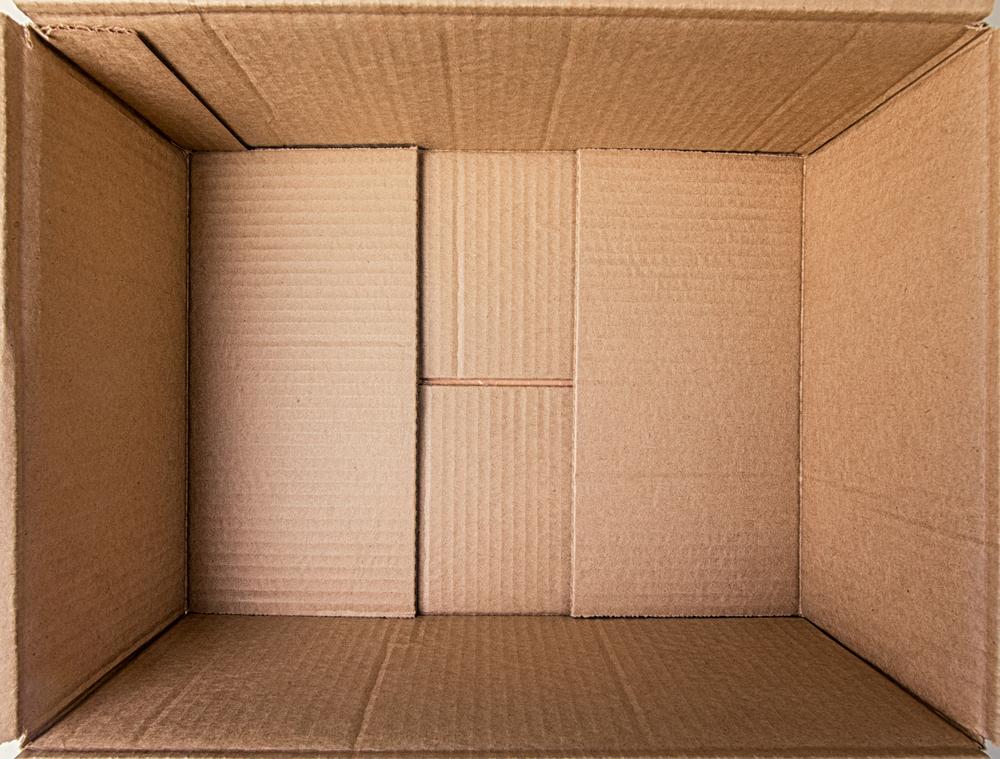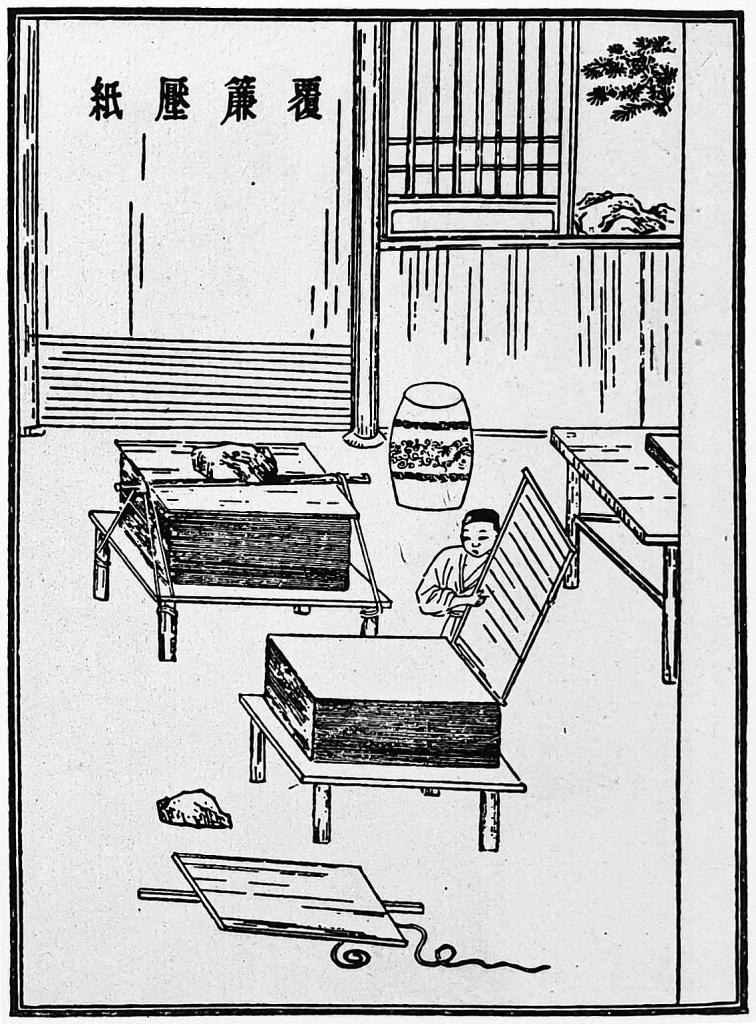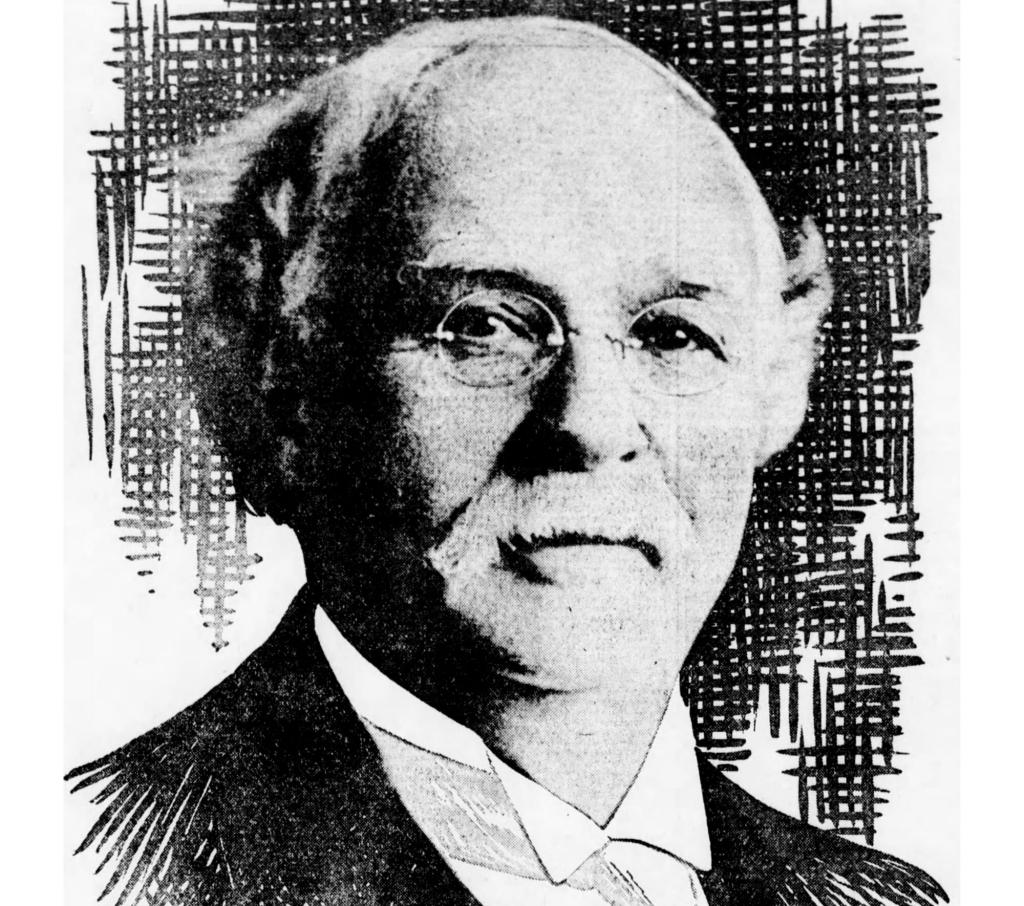The short answer for who invented the cardboard box would be Robert Gair.
But the history of the humble packaging carton is more complicated than it first appears.
So let’s go through the ages and across the world, there are more people who are vying for the title of “creator” than you might think.
Who invented Cardboard?
Can’t have a cardboard box without cardboard, right? And this will somewhat depend on how you define cardboard. Back in 105 CE a court official of Emperor He called Cai Lun declared he had a new method of making paper. This declaration is important because there are samples of paper from 200BCE but as nobody has claimed credit, we start with Cai Lun. His method involved taking plant fibres, pressing them and drying and this process eventually lead to paper. While it may not be the first method, it became the most popular (you may see a pattern of this in history) and became how paper was made. Cai Lun had an interesting and (for a Han court official) long life, but his paper method is without doubt the biggest legacy he left.
But what about Cardboard? Paper is all well and good, and thick paper could serve as packaging, but cardboard is a different beast. The thickness and corrugation add protection that paperboard just doesn’t offer. Well, this one is generally attributed to England! That’s right, England, in 1856 produced a patent for corrugated paper. Which was used as a liner for tall hats. Admittedly, this is perhaps not exactly where we can claim ownership of the idea. The use of corrugated board as a shipping material would have to wait until 1871 and America. This time the patent was for Albert Jones who wanted to use single liner board to wrap bottles. Remember, this was many years before Flexi Hex. The next few years would see some key innovations, but this is truly where cardboard started.
What about the Box?
Now about using Paperboard or Cardboard as a box, we need to have a look at some other claims. One of these, which we feel honourbound to report, is that the Cardboard box was invented in France. In a cardboard box museum in Valeras, they have examples from the 1840’s. These paperboard boxes were used to transport silk worms and several are still on display. The inventor of these is credited as Ferdinand Revoul but the use of these boxes is still a little different than the conventional cardboard box. Which leads to our true inventer – Malcom Thornhill!
Sir Malcolm Thornhill?
In 1817, British man Sir Malcolm Thornhill… did not invent the cardboard box.
As an odd quirk of the internet, a number of people have dedicated time to producing misinformation claiming the inventor of the cardboard box was a man called Malcolm Thornhill. There’s been some investigation into the prank and it spurs from attempts to discredit Wikipedia. This little cognitive trap has caught out a fair few websites, but has been quite thoroughly disproved. While amusing, and while there is some evidence that a British company in 1817 was producing cardboard boxes, it’s probably time to address the Scottish Inventor in the room.
Robert Gair
In the late 19th century, Robert Gair had an accident. While creasing paper bags, a metal ruler shifted position and cut the bag, which would ordinarily be a pretty big pain to deal with. But for Mr. Gair, it sparked an idea. He realised that a combination of cuts and creases made it possible to make an easily assemblable box that provided great storage and protection. He filed his patent in 1890 and the rest is history. His design would go on to inspire almost as many successors as Cai Lun’s paper! The biggest step change that moved Cardboard boxes into the forefront is their adoption by Kelloggs. Can you even imagine cereal that doesn’t come in a box? Or any of the other cardboard derivatives like cardboard tubes? And, of course, we at RAJA are also somewhat invested in the humble carton.
There are a few key changes in the land of cardboard between 1890 and 2024 but that’s the bones of it!
We hope you found this little walk through history interesting, do you think we missed anything out? Let us know in the comments!






















